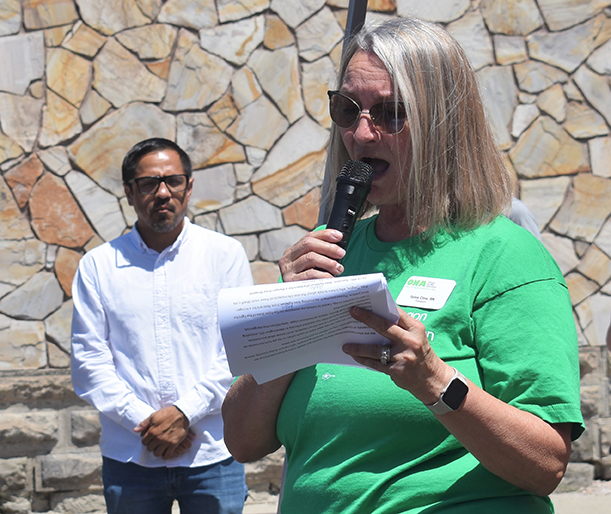Honoring felons, dishonoring heroes
Published 12:00 am Thursday, February 7, 2008
America’s military veterans deserve respect from their fellow citizens.
But they don’t deserve blind allegiance.
Very rarely, veterans commit crimes so heinous that their past service, no matter how heroic, no longer should entitle them to either government-sponsored military honors during their funerals, or the privilege of being buried in a federal military cemetery such as Arlington National.
Congress, prompted by the case of Oklahoma City bomber Timothy McVeigh, recognized this.
In November 1997 Congress passed a law that denies military funerals, and burial in military cemeteries, to veterans who, after their military service, were convicted of murder and sentenced to death or to life in prison without parole.
Passage of that law prevented McVeigh, an Army veteran who was executed for his role in the 1995 bombing of the federal building in Oklahoma City, from being buried at Arlington National Cemetery.
What lawmakers didn’t do in 1997 was include felony rape along with murder as grounds for denying veterans military honors.
Congress should rectify that 11-year-old error.
There must not be more cases like that of James Allen Selby.
Selby, a serial rapist who was convicted in October 2004 after attacking at least a dozen victims, including a 9-year-old girl, hanged himself in his jail cell while awaiting sentencing.
But because Selby was a veteran of the Persian Gulf War, he was buried with full military honors at Fort Sill National Cemetery in Oklahoma.
That ceremony not only insulted Selby’s victims, but it besmirched the reputations of that vast majority of veterans who not only served their country with dignity but who, unlike Selby, also lived honorably after they left the military.
We must, as a country, reward those men and women for their sacrifices. But we dishonor these veterans when we treat them as the equals of violent felons.








